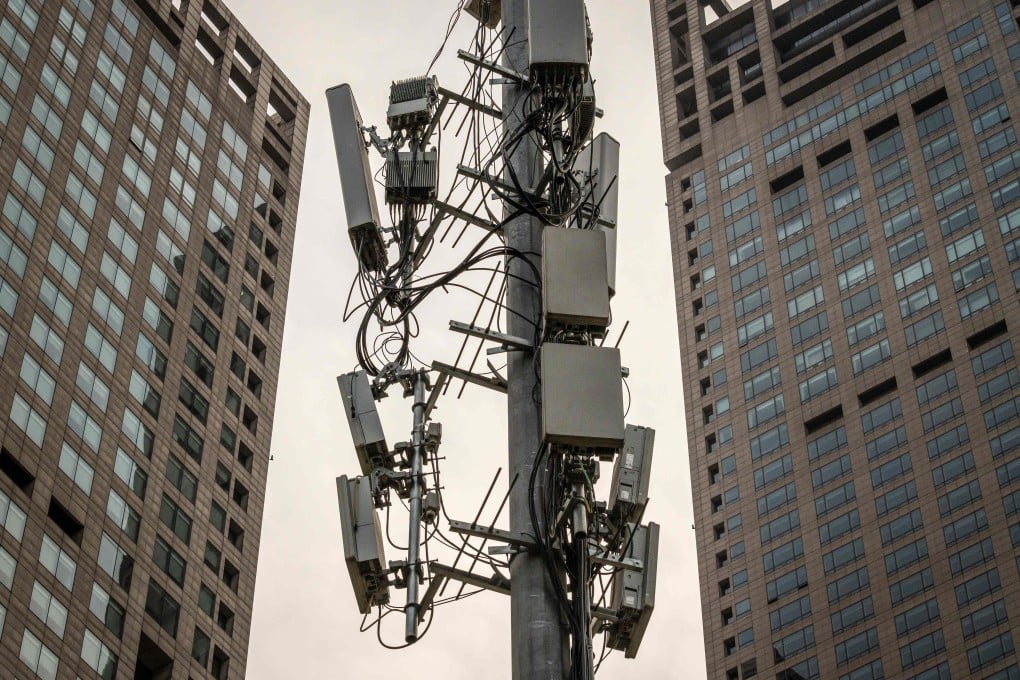Advertisement
Huawei, ZTE win China Mobile contract for converged 5G and 4G network, leaving out foreign suppliers
- Huawei and ZTE will each build half the US$1 billion converged 5G and 4G network of the world’s largest mobile carrier by subscribers
- The deal signals yet another vote of confidence for US sanctions-hit Huawei and limited headway in China for foreign telecoms gear makers
Reading Time:2 minutes
Why you can trust SCMP
4

Chinese telecoms equipment giants Huawei Technologies Co and ZTE Corp have secured the rights to build the converged 5G and 4G core network for China Mobile, the world’s largest wireless carrier by subscribers, illustrating domestic carriers’ commitment to infrastructure suppliers that face challenges in overseas markets.
The two Shenzhen-based companies will each contribute an unknown portion of the network in a contract for equipment and services worth about 7.5 billion yuan (US$1.2 billion) in 31 provinces around the country, according to the bid results released by China Mobile in late September.
While Huawei and ZTE each bid close to the same total amount for the full contract – 7.49 billion yuan and 7.46 billion yuan, respectively – ZTE offered cheaper services with pricier hardware. The converged mobile network will serve as the next stage of China Mobile’s 5G roll-out, which involves a dual-mode network strategy to reduce costs and ensure a smooth migration to the newer wireless standard.
The deal is yet another vote of confidence for Huawei, which continues to be favoured by state-backed telecoms operators despite remaining under US sanctions that have curtailed its access to advanced chips. It comes just two months after Huawei secured more than 60 per cent of another contract to provide 700-megahertz base stations for China Mobile and China Broadcasting Network, which was established last year.
Advertisement
In that deal, ZTE took 30 per cent of the contracts, leaving the China operations of Sweden’s Ericsson and Finland’s Nokia small slivers of the network. Out of the three offers available, Ericsson China was awarded just 9.4 per cent of one while Nokia Shanghai Bell, a joint venture, secured about 10 per cent of another.
The Nordic hardware makers have faced increasing difficulties growing their businesses in China as international tensions have locked Huawei out of international contracts on national security grounds. Ericsson had protested Sweden’s decision to keep Huawei from contributing to the country’s 5G network, but courts upheld the ban.
Advertisement
The US warned many of its European allies not to use Huawei equipment in their networks, a move criticised by both Huawei and Chinese officials. Other countries in the region, including the UK, have also limited Huawei’s access to their networks. Australia banned Huawei and ZTE 5G equipment in 2018. The US government is also funding the removal of Huawei equipment at rural telecoms carriers.
Advertisement
Select Voice
Select Speed
1.00x